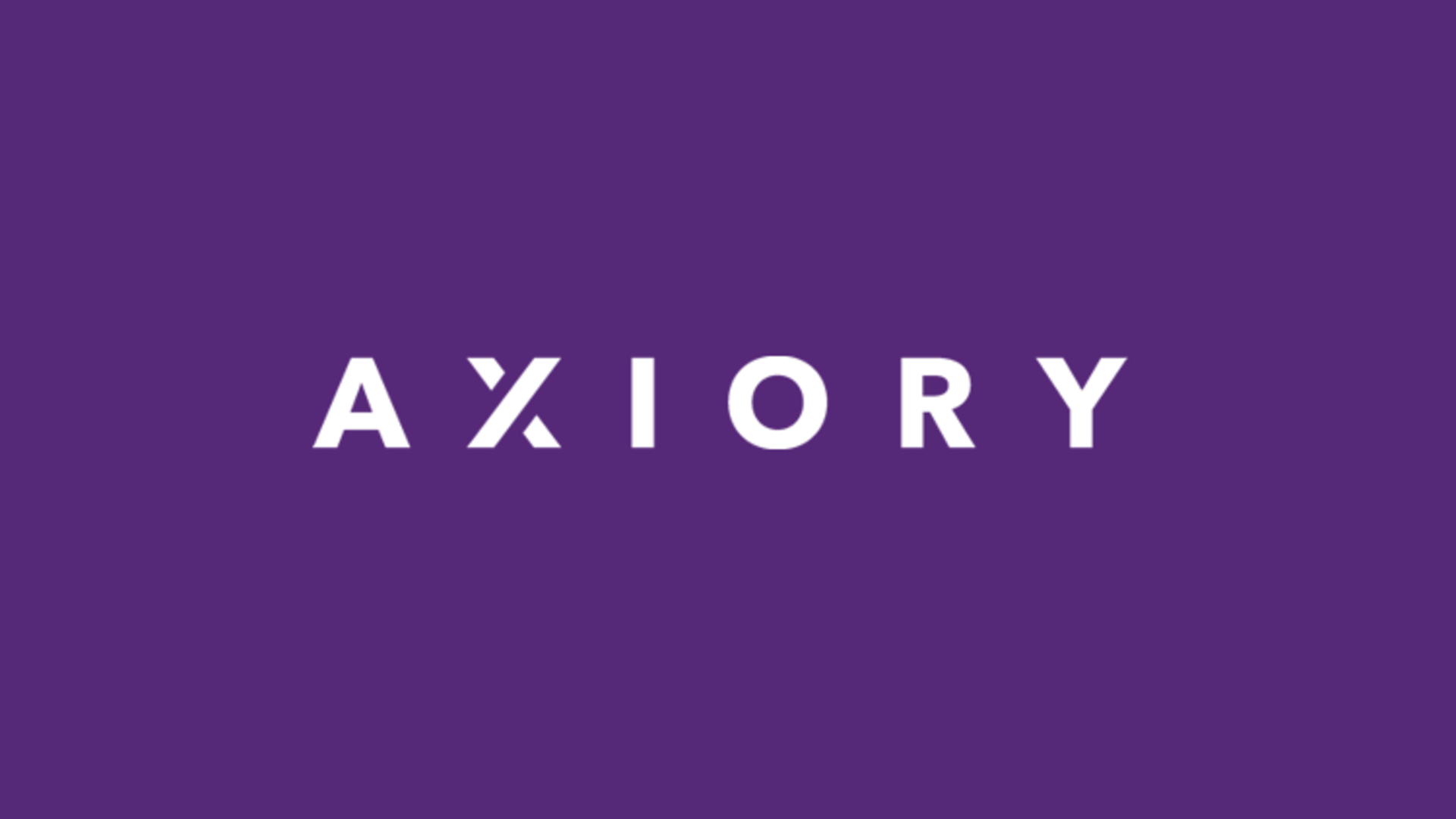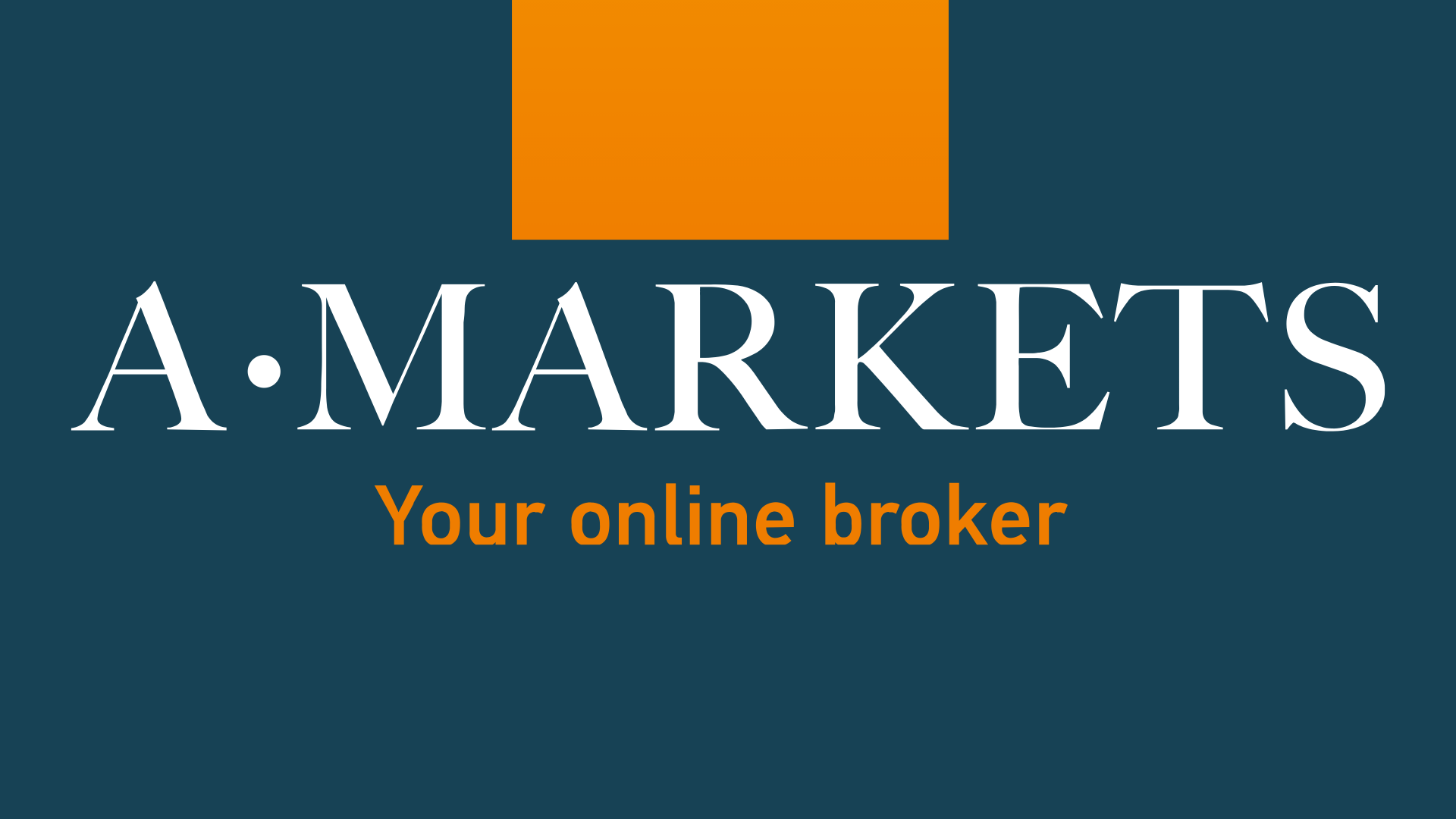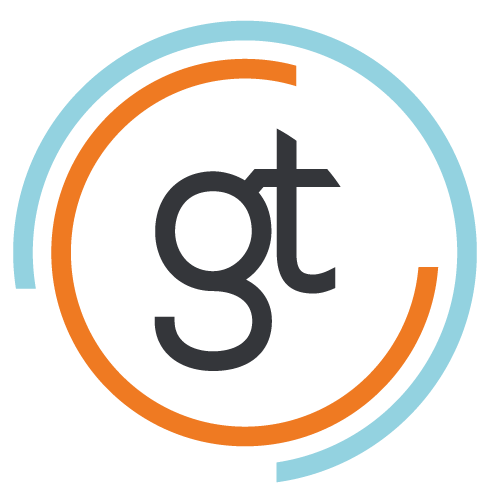This Northern European Baltic nation, with a population of only 1.329 million, and an area of 45,226 km² is considered quite a small country in all respects. However, despite this, it is known around the world for its exemplary governance which provides a very high level of freedom for its citizens and serves as one of the beacons of Western democracy. This can be seen purely by the numbers, as Estonia has ranked as very high in many human rights and human development index surveys. It’s also known to be one of the biggest “digital democracies”, as their internet freedom is definitely something that you won’t see with many other countries.
Beyond this, Estonia is also known for its amazing business environment. Businesses small and big alike are absolutely in love with doing business in Estonia, as their tax system is something to truly behold. In fact, Estonia ranks among the very top of the tax-competitive countries in the world. Needless to say, with such conditions, there are tons of different international businesses that would love to expand to, and invest in Estonia. As such, Forex trading opportunities should also be abundant in the country, considering the amazing conditions we just described. This is definitely the case, as Forex has been getting more and more popular in the country, and more and more people are seeing it as a legitimate and favorable way to earn additional income.
With such increasing popularity and amount of people joining, it’s very important to make sure that one is adequately informed before getting started with Forex trading. In this guide, we will be taking a detailed overview of the Forex trading landscape in Estonia, and discussing major, important details such as its regulatory environment and specific laws that are in place, how the economy is performing and what kind of opportunities it provides, what are the pros and cons, and much more.
Top Forex brokers in Estonia
If you dread the thought of having to test dozens of Forex brokers only to find yourself disappointed, don’t worry! We have done hours upon hours of research on many different international brokers available in Estonia, and have compiled this list, which contains only the very best of Estonia’s Forex brokers. The brokers that are here have been time-tested and held up to the highest standards. Make sure to check out each one of them below, and you will find your ideal Estonian Forex broker!
XM
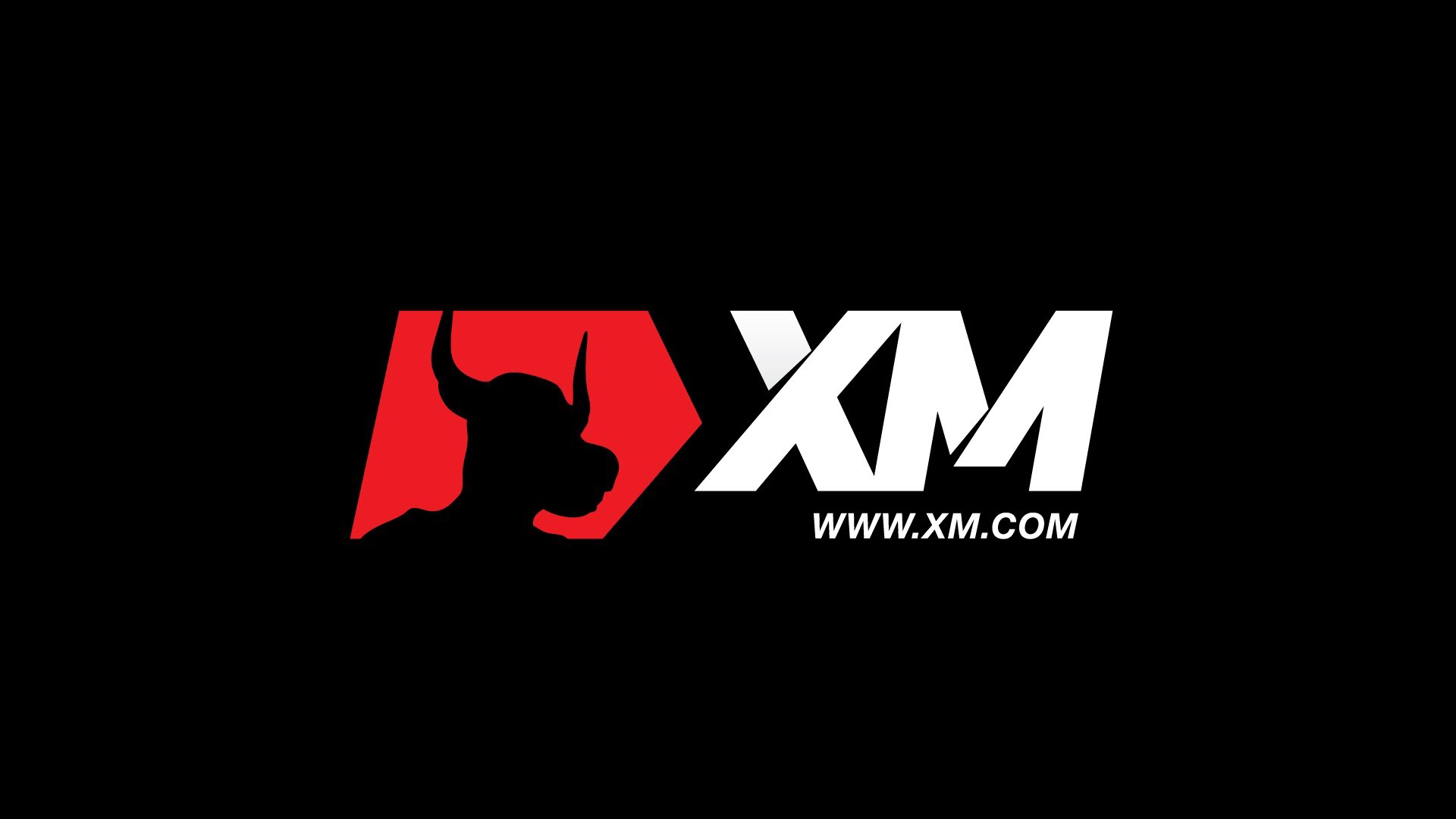

Min. Depo
$5

Licences
FCA, CySEC, IFSC, ASIC, DFSA

Leverage
1:888

Platforms
MT4, MT5, WebTrader
AvaTrade


Min. Depo
100 USD

Licences
ASIC, FSA, FSCA, FFAJ, FSRA, FSC

Leverage
400:1

Platforms
MT4, MT5
Plus500
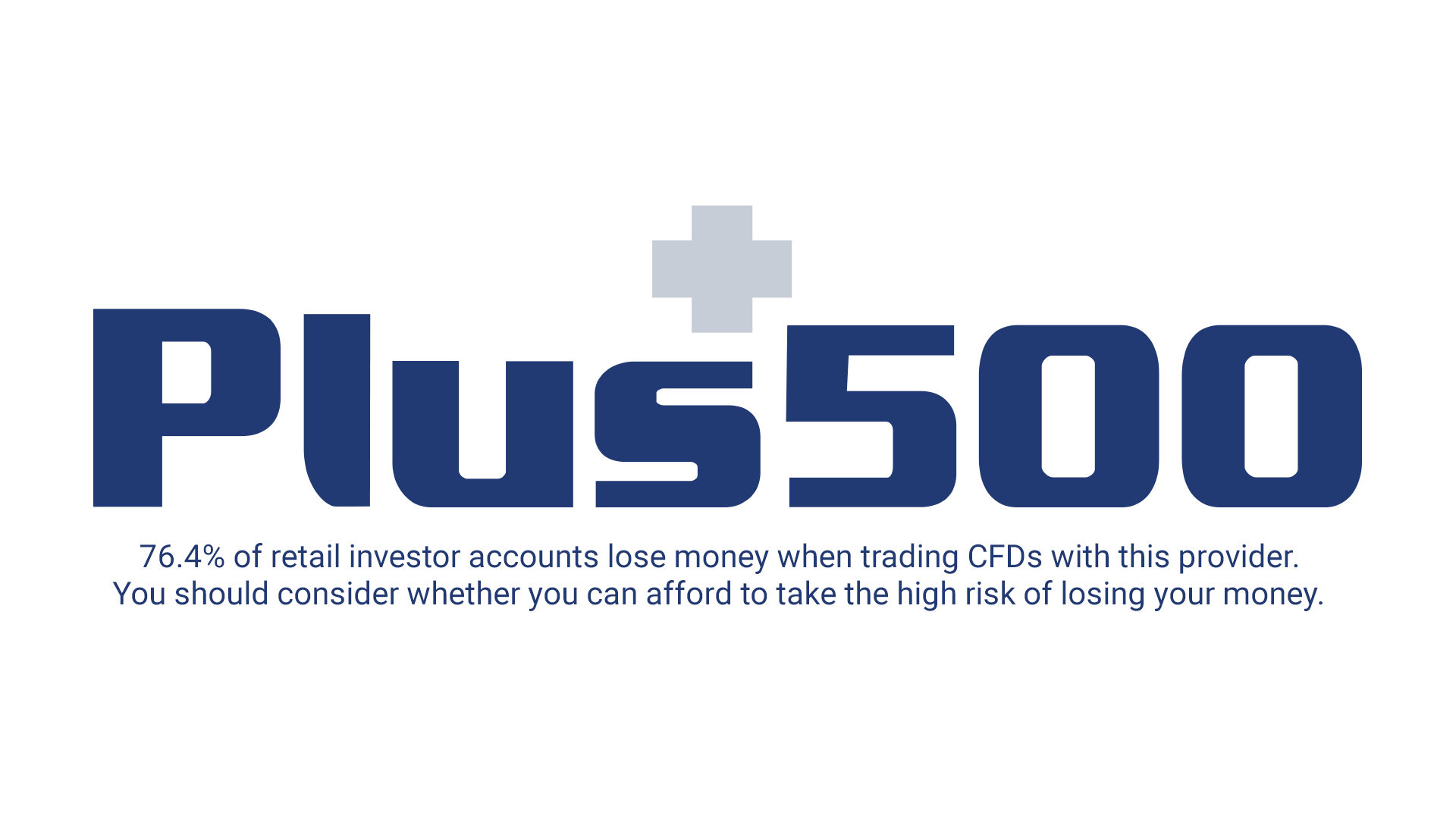

Min. Depo
$100

Licences
FCA, ASIC, CySEC, FSCA, FMA, MAS

Leverage
1:30

Platforms
WebTrader, Windows 10 Trader
Exness
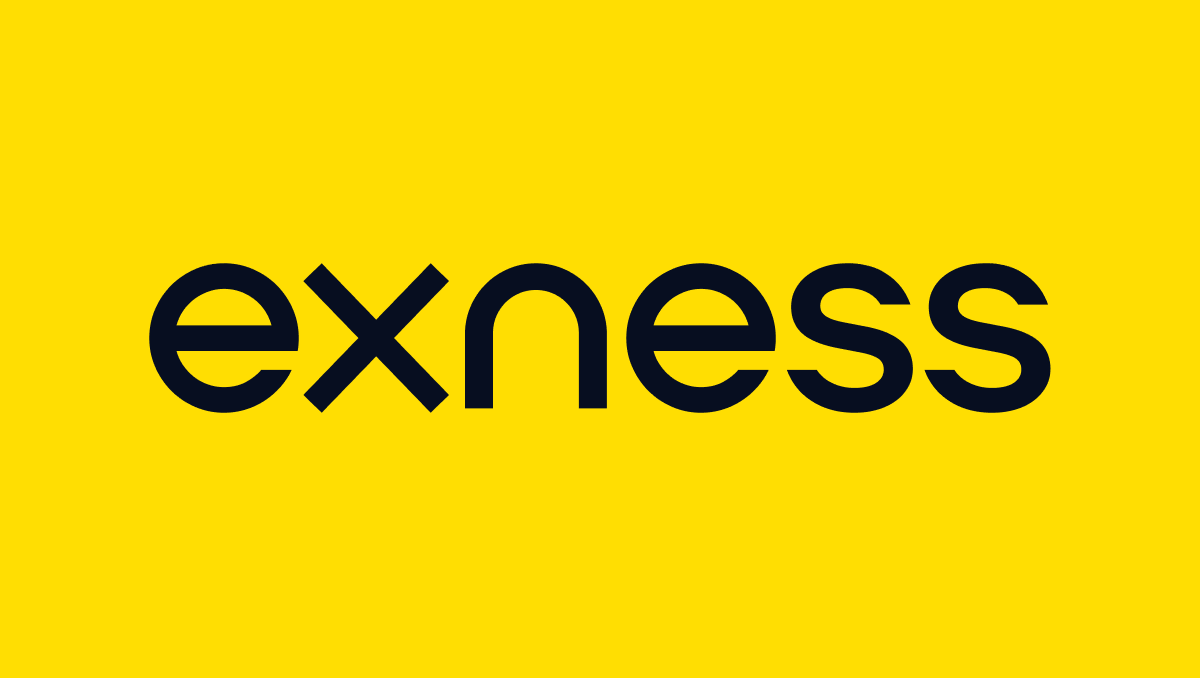

Min. Depo
$10

Licences
CySEC, FCA, SFSA

Leverage
1:2000

Platforms
MT4, MT5
Forex.com
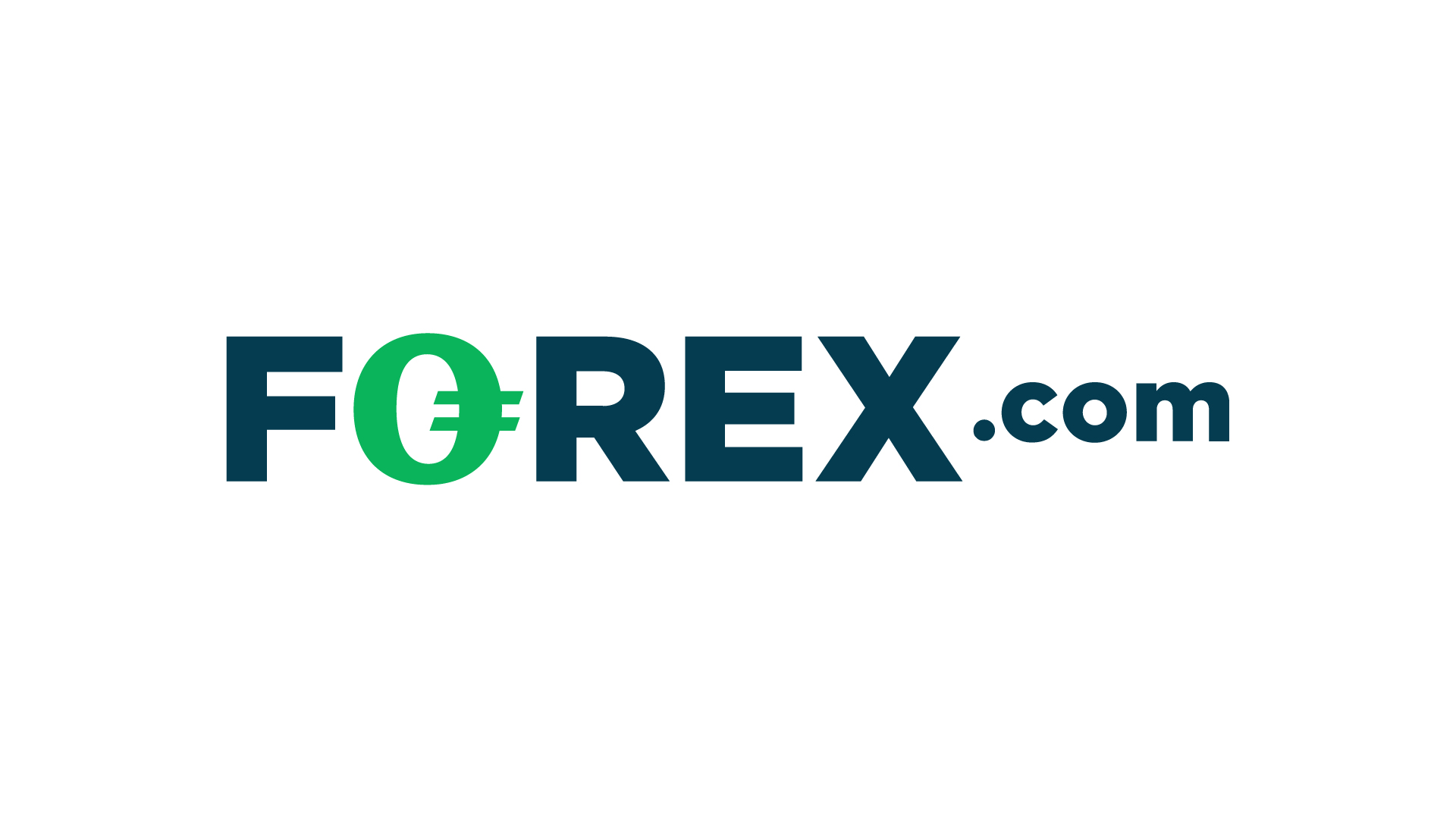

Min. Depo
$100

Licences
NFA, CFTC, FCA, FSA, IIROC and CIMA

Leverage
1:50

Platforms
WebTrader, MT4, MT5
CMTrading

Min. Depo
250 USD`

Licences
FSCA

Leverage
1:200

Platforms
MT4, WebTrader, Copykat
Estonia’s Forex regulation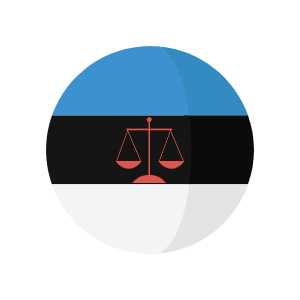
The regulatory environment of the country is extremely important. Why? Because safety and security themselves are extremely important, and the only thing that can truly guarantee your safety is an effective and committed regulatory environment. This is exactly why countries that have advanced, hard-working, and sophisticated regulators are the ones that have the best market conditions and prosperity. While Estonia is definitely aware of this, and appreciate its importance, it’s definitely not on the same level as the other major exemplary regulatory environments such as Germany or the UK. Besides this, it’s quite a bit unique and different.
In what way is it different, exactly? Well, first and foremost, it’s different because there are not one, but two main regulators that the companies are subjected to in this country. Both of these regulators have the same goals and aims, but they both in different ways, and employ different methods to achieve their goals. Let’s discuss each one of them in detail, so you can get a better, in-depth idea as to how they both work.
The Estonian Financial Supervision Authority
The Estonian Financial Supervision Authority (EFSA) is an independent body that is in charge of regulating the country’s financial markets. EFSA was created back in 2001, with the sole goal of improving the market conditions for the customers, and making it all a safer place. The need for this was apparent, as back then, surveys have shown that Forex trading was not particularly safe in the country, and there was a lot of action to be taken on that front. EFSA is fully supported and ran by the membership fees that it collects, so it’s a completely self-sustaining entity. Though it’s not considered to be as strict as the other commonly-known regulatory bodies in Europe and the rest of the world, it still does meet all the standards by the MiFID.
The Ministry of Economic Affairs and Communications
The second regulator that is in charge of regulating the Estonian Forex market is the Ministry of Economic Affairs and Communications, which is abbreviated as MKM. MKM is, in a sense, aiming to achieve the very same goals that EFSA has, but in its own unique approach, which is by maintaining an online database that aims to list and regulate the legally-licensed brokers. The latter is called MTR, and is a central piece of the whole country’s regulatory puzzle. A common question that many people ask is which one is more “important”, and the answer is that none of them are more important than the other. Both of them have their own unique functions and work towards a common goal.
What is the difference between the two, and how do they cooperate together?
By now, you may have gotten a bit confused as to what’s the actual purpose of having two separate regulators if they both have the same goals, and why make it all so confusing and complicated. Well, as mentioned, there are some big differences between the two, and while both share the same goals, their functions are quite different.
To explain it in simple terms, the licensing responsibility of the brokers falls under the jurisdiction of EFSA, and anyone who seeks to obtain a license in Estonia needs to seek it from EFSA. However, even after obtaining a license, the brokers then need to register on the MTR database, where they will be further monitored. MTR itself is an online resource that was created by the Ministry of Economic Affairs and Communications (MKM). For anyone who is interested with dealing only with legitimate brokers, MTR provides a great resource where you can determine the legitimacy and validity of a broker and their license in mere minutes.
Literally every regulated Forex entity in Estonia is listed in the MTR database, which is not only available for the searching of brokers but all sorts of other market participants such as investors and individuals offering professional financial services. This allows all interested traders to ensure that they know exactly what kind of company they are dealing with and aids greatly in preventing scams and fraud.
However, truth be told, this is the exact extent of how these two regulators operate. As mentioned, the regulatory environment of this country is definitely not up to par with the likes of Germany’s BaFIN or the UK’s FCA. Considering that Forex trading is still a relatively unpopular endeavor in Estonia and is only now starting to gain traction, it simply didn’t make sense to take its regulatory framework to the next level.
With that being said, we would like to, right from the get-go, dispel any and all possible doubts as to the safety and security of Forex trading in Estonia. It is still perfectly safe and sound to trade in Estonia, and it can be as safe as any other country in the EU. But, if there is no coherent regulation, how exactly can it be safe? The answer to that question is that if your broker is licensed with any other legitimate regulator, then it can, and definitely will be safe. Since Estonia is a member of the EU, the international brokers that are available in Estonia are allowed to legally offer their services in the country, as long as they are licensed by any regulators from the EU member states.
This is thanks to the MiFID, which was created with the goal of harmonizing the European regulatory environments. Logically thinking, it would be pretty much impossible to seek and obtain a license from all the possible countries a broker may be targeting. As such, in the EU, the made it very easy for the international brokers to expand their coverage area with this rule. This is why despite the fact that you won’t find many EFSA-regulated brokers right now, you will still be able to find a lot of great brokers in Estonia. Most of the great brokers available in Estonia will likely be licensed by Cyprus’ CySEC, the UK’s FCA, etc.
This is completely fine and is a common practice all around Europe. The only thing to remember is to always make sure, that the broker is actually licensed by said authorities. The only truly safe thing to do here is to set aside a few minutes of your time and fully verify this for yourself. Check the relevant licensing numbers and identification details, and run them on the relevant authority’s website or other information mediums. Remember, those extra few minutes will go a long way for making sure that you are securing yourself from any possible fraud that you may be in danger of.
What kind of protection can you expect from Estonia based Forex brokers licensed by other regulators from the EEA?
 Ok, so we understand that it is common and acceptable to deal with brokers licensed with other regulators from the other EU countries. However, for the laymen who don’t know how it all works, the most important things to know for the bottom line are what kind of specific laws, rules and regulations are in place for their protection. This is understandable, as this is what will ultimately determine how one’s day-to-day trading experience will look like, and will essentially be of major importance not only on how they behave and act when trading on the market but how successful they will be as well.
Ok, so we understand that it is common and acceptable to deal with brokers licensed with other regulators from the other EU countries. However, for the laymen who don’t know how it all works, the most important things to know for the bottom line are what kind of specific laws, rules and regulations are in place for their protection. This is understandable, as this is what will ultimately determine how one’s day-to-day trading experience will look like, and will essentially be of major importance not only on how they behave and act when trading on the market but how successful they will be as well.
Luckily, you only have to note down and take into account only the most basic of the rules and practices that are common in the EU. With how it all works due to the MiFID environment, the following practices are common, and almost identical, with all the EU-based regulators, no matter where in particular you are engaged with Forex trading. So, without further ado, let’s take a quick look at them, so you can know what to expect in general.
- Investor compensation schemes: One of the most common and useful safety Forex mechanisms that are available in the EU countries – and pretty much most other countries with a decent regulatory environment – are the investor compensation schemes. These policies, as you may guess from the name itself, work to protect the funds of the customers. They come in play when the funds of the customers get in danger. To give you an example, in case your broker goes bankrupt and is not able to give you your funds back, your investment and/or funds will be secured by the relevant compensation scheme.This is just one single example, but there are many other different sorts of scenarios where these policies can be life-saving. A great example of an investor compensation scheme is CySEC’s ICF (Investor Compensation Fund), which is the most common scheme in the world. You should definitely keep in mind, that these compensation funds have limits per investor. As an example, with ICF, the fund can cover one trader for no more than €20,000. This, however, is considered to be on the low end. In fact, ICF is considered to be one of the lowest compensation schemes in the world. By comparison, the UK’s compensation scheme – FSCS (Financial Services Compensation Scheme covers as much as £85,000.
- Account segregation: One additional EU-common policy that greatly aids in increasing your funds’ safety is the rule of account segregation, which mandates that the brokers are obligated to hold their funds, meaning their operating capital, in a completely separate account from the one where they keep their clients’ funds. This is of great help, as it makes sure that the brokers will not be able to maliciously misuse the clients’ funds. Additionally, this is of help with the issue of the previous point as well, namely the broker going bankrupt. In both these scenarios, account segregation is absolutely ideal.
- Closely monitoring the brokers: Even after the brokers are licensed and regulated by proper authorities, their activities are still closely monitored and controlled, to make sure that they’re always following the necessary guidelines, rules, and regulations that are in place for your protection. This is done in the form of various audits and reviews that are conducted periodically, both by the regulators and the brokers themselves. These audits and reviews can be of all sorts of different nature, but mainly encompass things like financial activities and transactions of the brokers, the performance of the trades and win/lose ratios of the clients, the customer interactions with the clients themselves, and much more. In a nutshell, these reports aim to identify, prevent, and remedy any possible wrongdoings by the brokers themselves, and thereby create a much safer environment for all traders.
This was simply a shortlist of the policies and rules that are in place for your protection. Thanks to the MiFID framework, trading in the EU with a broker licensed by proper authorities can be one of the safest trading experiences you can have anywhere. Additionally, thanks to the variety of different regulators operating in the EU and many brokers being licensed with different sorts of regulators, you have a lot of freedom and opportunity to “customize” your trading experience to your liking.
Are you looking for brokers who are very liberal when it comes to things like leverage restrictions? great, tons of choice on that front. Are you a Muslim interested in trading in a way that is conducive to your religion’s teachings? No problem, choose any one of the dozens upon dozens of brokers that offer Islamic trading accounts. The opportunities and diversity of choice really are endless, and you will never feel trapped because of a lack of options. This is the great thing about the EEA environment when it comes to Forex, so make sure to utilize these benefits to their fullest potential!
So, is Forex trading in Estonia right for you?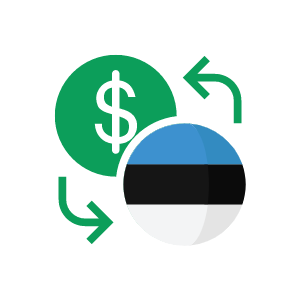
If you have read this guide fully, by now you should probably have an idea as to what are the man merits of the Estonian Forex market. Sure, it is not the greatest Forex environment in the world, as the country is still in the beginning stages and getting its feet wet when it comes to Forex trading in general. However, it is doubtless, that it can, and does, provide any and all opportunities that one may need, no matter their experience, knowledge, and goals when it comes to Forex trading.
Thanks to the fact that Estonia is part of the EU, and therefore they’re allowed to accept any broker licensed anywhere else in the EU, you have an endless number of possibilities and combinations that you can explore when it comes to choosing your broker and creating your ideal trading environment. Additionally, thanks to the country’s liberal approach towards regulating the country’s economy and financial markets, you really are having the best of all worlds. If you are interested in Forex trading in a safe and secure manner, while simultaneously giving yourself a large room for maneuverability, then Forex trading in Estonia is definitely a good choice for you!


